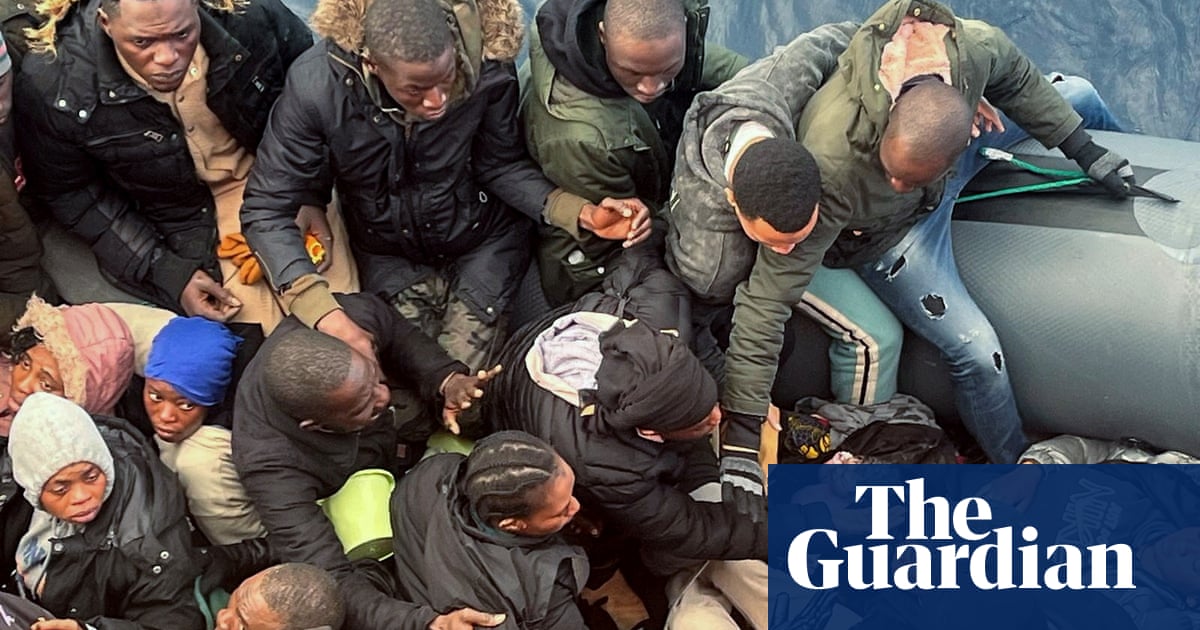When the comedian Tony Hinchcliffe made racist and disparaging comments about Latinos and referred to Puerto Rico as “a floating island of garbage”, at a Donald Trump rally in New York on Sunday, it was met with outrage from many Latino politicians, voters and celebrities. Still, those comments did not deter some Republican Latinos from affirming their support for Trump.
“If you were already supporting Trump, I don’t think this is a comment that will make you reconsider that choice,” said the journalist Paola Ramos, the author of Defectors: The Rise of the Latino Far Right and What it Means for America.
However, Ramos said that she has talked to some Latino voters who are now realizing that Trump’s xenophobia could include them: “The question is for those that are independent, or those that were flirting with the idea of voting for Trump. The biggest difference is that the narrative, for the first time in a while, shifted from being targeted at immigrants to suddenly being targeted, not just directly at Latinos, but even US citizens. That has sort of awakened a lot of people for the first time to be like, ‘Oh, wait a second.’
“We’ve been so used to pinpointing a narrative at the border, on immigrants, on migrants, on undocumented people, and then suddenly the conversation has shifted to people within us and inside us.”
In the run-up to the 2024 presidential election, Trump has gained inroads from Latino voters, a base that was once reliably Democratic. While the majority of Latinos favor Kamala Harris, the shift is pronounced among Latino men, with 44% saying that they support Trump, up from 37% in 2020, according to a recent Reuters/Ipsos poll.
That political shift toward far-right sentiments in Latino communities can be attributed to tribalism, traditionalism and trauma, Ramos writes in Defectors. Tribalism refers to internalised racism, while traditionalism is based on conservative moral values and the ongoing effects of colonialism, and trauma comes from grappling with political upheaval in Latin America. Additionally, fantasy heritage, a concept coined by civil rights activist and historian Carey McWilliams in the late 1940s in which Latinos whitewash their Indigenous or Black roots in favor of their Spanish ancestry, draws some Latinos to white supremacist values.
“One of the entry points for far right Latinos into the world of white supremacy and white nationalism is by leaning into the Spanish heritage, leaning into the whiteness,” Ramos said. For instance, she interviewed Mexican American border vigilantes who held anti-immigration beliefs because they distanced themselves from their immigrant roots.
Ramos also spoke with Afro-Dominican Trump supporters in the Bronx who highlight their Spanish ancestry over their African roots, although they are racialized as Black in the US. “But in their minds, because of fantasy heritage, they see themselves more aligned racially with Trump’s America than they do with Blackness, and so I think that that’s where Trump is able to tap into some of that racial grievance.”
The path toward democracy in Latin American countries has often involved an authoritarian strongman, Ramos writes in her book. In the late 1970s, for instance, 17 out of 20 Latin American nations were ruled by dictators. Ramos interviewed Eulalia Jimenez, the leader of the conservative parents rights group Moms for Liberty, and Anthony Aguero, a border vigilante in Texas, whose political trauma manifested into far-right sentiments.
Trauma is also what drew some supporters, such as the Cuban American Gabriel Garcia, a Proud Boys member, to join the January 6 insurrection after Trump lost the election. Garcia’s parents, who were unaccompanied minors airlifted out of Cuba during a covert US program in the 1960s, instilled in him a fear of communism and conservative sentiments that would inform his political beliefs. “At a time when democracy seems to feel a little messy for some folks,” Ramos told the Guardian, “the elements of authoritarianism [aren’t] as scary for some Latinos.”
In order to win back Latino votes, Ramos said, progressives must understand the complicated and rich nature of Latino identity and their quest for belonging in the US. Understanding their quest for belonging is all the more important now, as the US is projected to become a majority minority nation in 2045.
after newsletter promotion
Younger Latinos over the past decade have grown emboldened to challenge the Democratic party. “Part of that requires a level of curiosity to understand why internalized racism works so well, and why colorism is so present, and why anti-Blackness and these anti-immigrant sentiments can really manifest themselves,” Ramos said. “And I think part of that is just having conversations around identity that I think in the party they haven’t had.”
Since her book launched in September, Ramos has talked to Latino voters while touring cities from New York to Los Angeles, an experience she described as “group therapy”. Some readers shared the pain that they felt of having undocumented immigrants as well as Trump supporters in their family, or young Latinos seeking acceptance from their religious families. “They’ve been really emotional, really personal, and I think painful too.” She urged progressives to understand “the pain that a lot of people are going through with not feeling a big solidarity right now”.
While it is easy to see Trump supporters as radical, Ramos said that a deeper understanding of Latin American history is crucial to regaining the trust of Latino voters who are disillusioned by politics. Toward the end of Defectors, Ramos illustrated a future in which Latinos embrace their complex history and identity in a quest for collective liberation. “In that future, we finally wake up freer,” Ramos concluded in the book. “Welcome to the year 2045.”

.png) 2 months ago
16
2 months ago
16













































